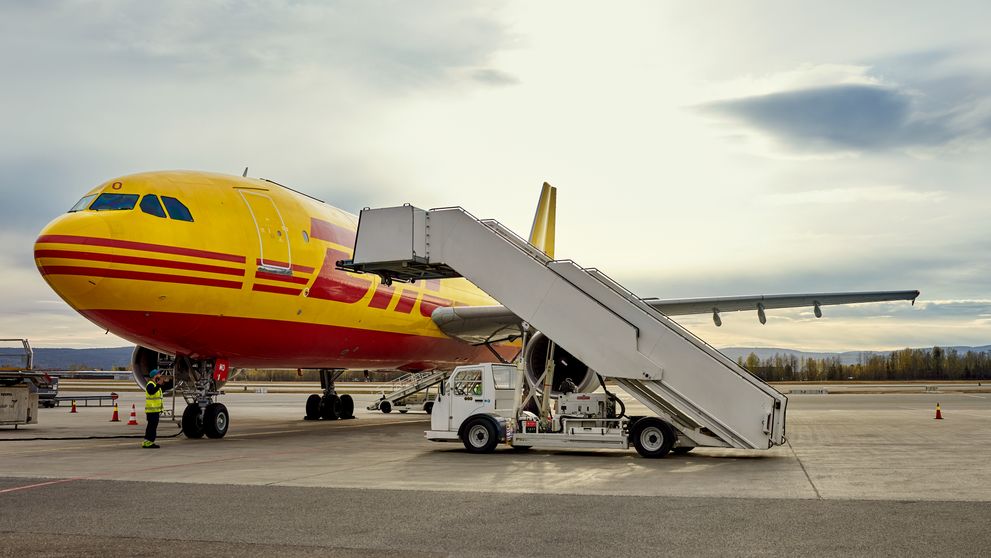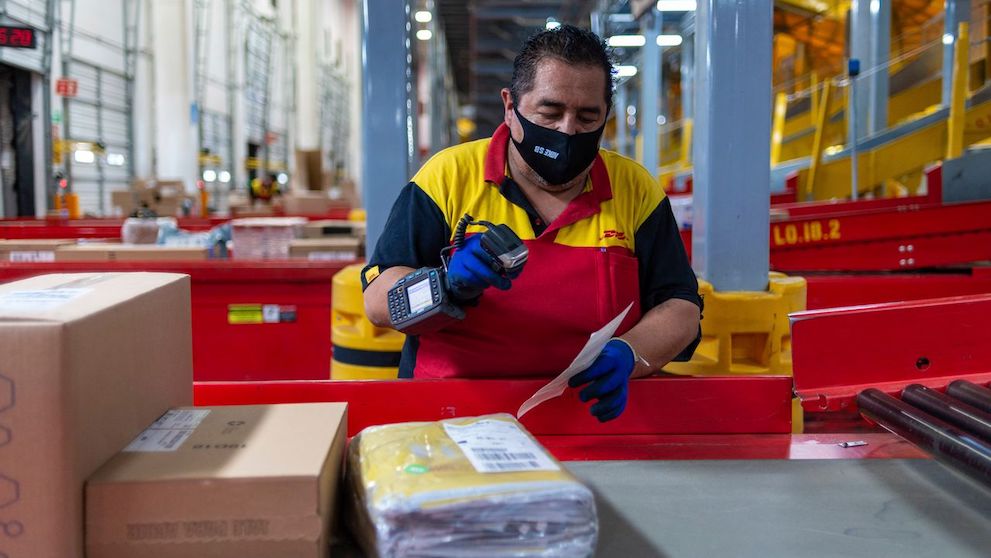The UK is Australia’s eighth largest goods trading partner, with businesses in Australia sending hundreds of thousands of products to the UK each year. If you are a business owner looking to target this market for growth opportunities, it's important to understand the proper process of shipping your items from Australia to the UK so that you can ensure your shipment reaches its destination safely and without any delays.
If you own a business in Australia and are thinking about how to ship goods internationally to the UK, you have come to the right place. The inherent complexities of global logistics can often be daunting for businesses, and it’s essential to understand the various regulations and requirements that must be taken into account when sending packages from one country to another. Before you start packing your shipments and sourcing for a global express delivery provider, we will provide you with an in-depth overview of shipping from Australia to the UK. We'll walk you through everything you need to know about customs regulations, paperwork requirements, and more so you can safely export goods across international borders – making it easier than ever for Australian businesses who want to expand into foreign markets.
Popular products to ship from Australia to the UK
With the UK being one of Australia’s largest export markets, the unique country serves as an attractive and major global hub for Australian exporters looking to capitalise on business opportunities abroad. In fact, according to Trading Economics, the total exports to the UK from Australia amounted to a substantial US$3.42 billion in 2021.
The UK is one of the largest destinations for goods shipped from Australia, and with its strong economy and purchasing power, it’s a great option for businesses looking to grow their reach and expand into foreign markets. If you’re not sure what goods do Australian businesses usually export to the UK, here are the top 10 main export products from the year 2021:
- Pearls, precious stones, metals, coins
- Lead
- Beverages, spirits and vinegar
- Optical, photo, technical and medical apparatus
- Electrical, electronic equipment
- Machinery, nuclear reactors, boilers
- Meat and edible meat offal
- Mineral fuels, oils, distillation products
- Oil seed, oleagic fruits, grain, seed, fruits
- Aircraft, spacecraft
Prohibited and restricted goods in the UK
When shipping goods from Australia to the UK, exporters must be aware of restricted and prohibited items. Though there are a range of commodities that may generally be exported, certain items may still face unusual restrictions depending on their classification, origin or special circumstances. Dangerous and hazardous goods in particular will require additional shipping permits for entry, as well as multiple safety and quality control checks. It's also important to bear in mind that exporting prohibited goods can result in damage to shipping vessels, hefty fines for shipping companies and possibly even seizure of shipments. For this reason, it’s essential for shippers to familiarise themselves with the relevant UK shipping regulations prior to departure from Australia.
To take the weight off your shoulders, we'll provide an overview of what is and isn't permitted when shipping from Australia to the UK in order to protect your shipments and ensure that they make it through customs with ease and on time.
- Prohibitions and restrictions enforced by customs on goods from all countries outside the UK:
- Anti-personnel mines
- Controlled drugs
- Explosives
- Firearms
- Fireworks
- Flick and gravity knives
- Imitation firearms
- Realistic imitation firearms
- Indecent or obscene materials
- Nuclear materials
- Offensive weapons
- Rabies-susceptible mammals
- Torture equipment
In some cases, export or import licences might be required to ship these goods safely and lawfully. For shipping providers, it is also critical to meet standards of safety as set by both Australian and UK laws. That being said, it’s best to investigate all relevant regulations in order to ensure a smooth shipping process.




























